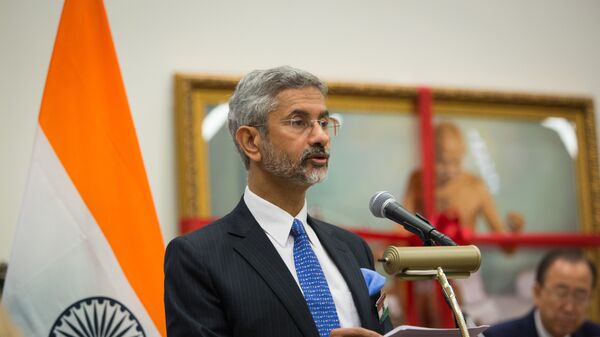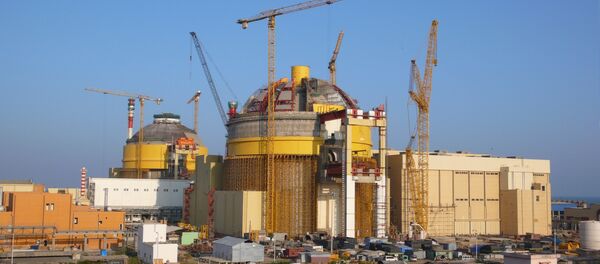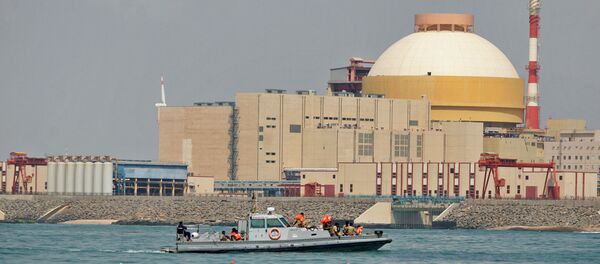Indian Prime Minister Narendra Modi had signed the deal during his Japan visit last November. The civil nuclear pact is the first Tokyo has signed with a major non-NPT signatory.
"This agreement is a reflection of the strategic partnership between India and Japan and will pave the way for enhanced cooperation in energy security and clean energy. The agreement seeks to promote full cooperation between the two countries in the development and use of nuclear energy for peaceful purposes on a stable, reliable and predictable basis," Gopal Baglay, spokesperson, Ministry of External Affairs, told the media during a briefing.
The nuclear deal with India has been opposed by many anti-nuclear activists in Japan. The opposition stems from the fact that Japan is the only country to have suffered two nuclear attacks at the hands of the US during World War II. More recently, the 2011 disaster at the Fukushima nuclear power plant has added to fears about the safety of such plants.
"I am not sure how commercially enticing nuclear power remains now after the Fukushima disaster and many countries openly pushing for greener and safer energy technologies. Many EU countries are now advocating a shift towards solar and wind energy on a large scale. Japan has a large stake in keeping this market alive with its companies having large stakes in Westinghouse Electric Corporation and General Electric. India is a good market for them due to the government's intent to push for more nuclear reactors, but these projects take years to materialize. So far, except with Russian, projects involving Westinghouse Electric Corp and others have not taken off," K.V. Kesavan, Distinguished Fellow, Observer Research Fund, said.




